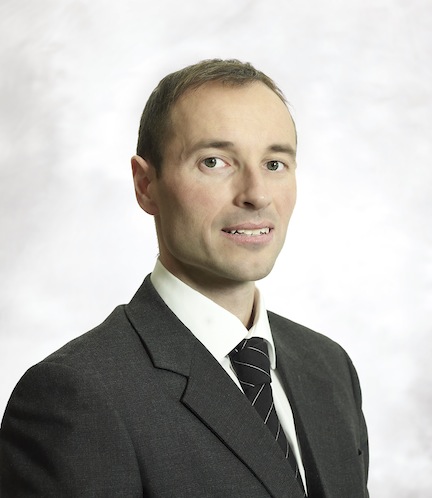A Saskatchewan law firm, a Calgary lawyer, and an Ontario program have received awards for their commitment to providing
pro bono services to low-income individuals needing legal help.

The
2014 Canadian National Pro Bono Awards were presented on Sept. 25 in Regina as part of the fifth national
pro bono conference, JUSTICE4ALL.
Saskatoon- and Regina-based McKercher LLP received the Canadian National Pro Bono Law Firm Award. McKercher provides
pro bono legal services to low-income people and non-profit organizations through Community Legal Assistance for Saskatoon Inner City (CLASSIC), Pro Bono Law Saskatchewan, and Pro Bono Students Canada. The firm was recognized in three areas: helping citizens who are not covered by public funding; working with community organizations; and providing innovative legal services.
McKercher has worked to help deliver legal assistance to remote areas of Saskatchewan where individuals can’t get access to legal services.
“Using technology, we set up peer-to-peer opportunities so someone could, for example, go to the local Salvation Army location and one of our lawyers would speak to them over Skype,” says David Stack,
pro bono co-ordinator and partner at McKercher LLP.
The firm’s articling students also fill in for law students who would normally assist at the CLASSIC clinic.
“It’s part of their articling rotation to spend time at the inner city
pro bono clinic, which they really enjoy,” he says.
Despite the revenue and resource pressures many firms face these days, over the last few years Stack says McKercher’s
pro bono “investment” has increased, not decreased.
“We made a commitment that we wanted to help by making sure that access to justice wasn’t just for the privileged few and we also recognized that a lot of the young lawyers were really interested and want to do this. We wanted to provide them with encouragement and opportunity,” says Stack. “I think it makes them enjoy the workplace more.”
Duncan Marsden of Borden Ladner Gervais LLP in Calgary received the Canadian National Pro Bono Distinguished Service Award for his contribution to the provision of
pro bono legal services. Marsden was nominated by BLG managing partner and CEO Sean Weir for the work he has done over his legal career.
His practice is exclusively employment focused and some of his
pro bono work is related to employment law but also includes human rights issues.
Last year, he represented a 14-year-old gay high school student from a small community in Alberta. The student was in the school band but was told that on a planned overnight trip to a band camp in Banff, he would not be allowed to stay in the dormitory with the other boys.
“We started with a letter and we pointed out to the school the error of their ways,” says Marsden. “To their credit, they realized what they had done and created a number of initiatives that included an equality and anti-bullying assembly and creation of pamphlets that were sent to parents.”
He also helps at the provincial court and the Court of Queen’s Bench as duty counsel. Some of his ongoing cases involve Canadian military veterans with post-traumatic stress disorder and other injuries whose pension entitlement has been denied.
“We are doing a number of judicial review applications on behalf of these individuals who have no money,” he says.
And when a friend’s child was diagnosed with mitochondrial disease, Marsden assisted in establishing
MitoCanada as a charity that raises awareness for the disease.
Marsden says BLG is a “trailblazer” in the area of law firm
pro bono policies. “In a world where we are ruled by the billable hour, BLG makes it possible for me to do these things by saying if you have an approved
pro bono matter — it goes through a committee — every hour you work on that counts towards your billable hour target,” he says. “It allows me to do these things when I otherwise wouldn’t.”
He says many junior lawyers have gained experience working on
pro bono files with him over the years.
“We will be going to the federal court to do a judicial review application and how often are you able to do that? It creates experience you would never otherwise get for junior lawyers,” he says.
“In the day of the disappearing trial, how often do we get to go trial as litigators? Almost never.”
Finally, Connect Legal, an Ontario organization that advances economic development in Canada by promoting entrepreneurship in immigrant communities, received the Canadian National Pro Bono Program Award.
Connect Legal provides free workshops, resources, and individual assistance to low-resource business owners who cannot afford legal services.

 The 2014 Canadian National Pro Bono Awards were presented on Sept. 25 in Regina as part of the fifth national pro bono conference, JUSTICE4ALL.
The 2014 Canadian National Pro Bono Awards were presented on Sept. 25 in Regina as part of the fifth national pro bono conference, JUSTICE4ALL.